Violence of right-wing extremists 'deeply concerning'
Up to 300,000 marchers took part in a demonstration in London on Saturday in support of the people of Palestine, which passed off largely peacefully, despite concerns over its timing.
The march, the latest in a series of Saturday protests that have occurred since the Hamas attacks on Israel on Oct 7 and the subsequent outbreak of full-blown conflict, was contentious because it took place on Nov 11, the anniversary of the day that World War I ended, and the day before Remembrance Sunday, when services are held across the country to honor the war dead.
UK Home Secretary Suella Braverman, the government minister with responsibility for security, was widely criticized last month for calling protests in support of the Palestinian cause "hate marches".
In the run-up to Saturday's march, she drew more criticism for a newspaper article she published in which she accused London's Metropolitan Police, or Met, of employing a "double standard" when it came to the way it dealt with what she called "pro-Palestinian mobs", adding that "unfortunately, there is a perception that senior police officers play favorites when it comes to protesters".
The pro-Palestinian march went nowhere near the Cenotaph memorial in Whitehall, the focus of the nation's remembrance events, but, despite this, following Braverman's comments, a counter-demonstration was called by right-wing and nationalist groups.
Across London, 126 arrests were made with police saying the "vast majority" of arrests took place at the right-wing demonstration, which spilled over into clashes with police in London's Chinatown, and that was described by the Met's Assistant Commissioner Matt Twist as "extraordinary and deeply concerning".
"They (the right-wing protesters) arrived early, stating they were there to protect monuments, but some were already intoxicated, aggressive and clearly looking for confrontation," he said. Weapons and class A drugs were found among those who were stopped and searched by the police.
Although there were no reports of similar violent incidents at the pro-Palestinian march, Twist said there had been "a number of serious offenses identified in relation to hate crime and possible support for proscribed organizations" during the march, and footage shared on social media recorded violent and threatening language being used by people at or around the protest when talking about the Jewish community.
"The impact of hate crime, and in particular anti-Semitic offences, is just as significant," Twist added, and after the protest, police issued photographs of six individuals offers suspect of hate crimes, including a woman who was carrying a sign incorporating a swastika into the Jewish symbol, the Star of David.
Lee Harpin, political editor of the Jewish News, told Sky News that although he supports the freedom to protest, there was an alarmingly extreme element taking part.









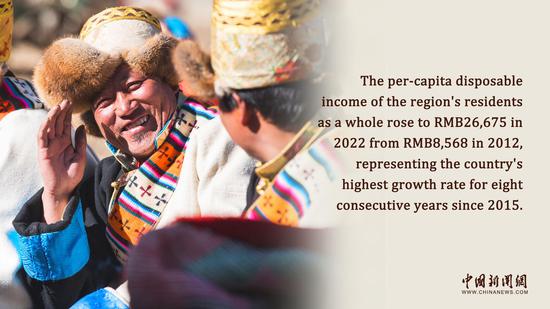
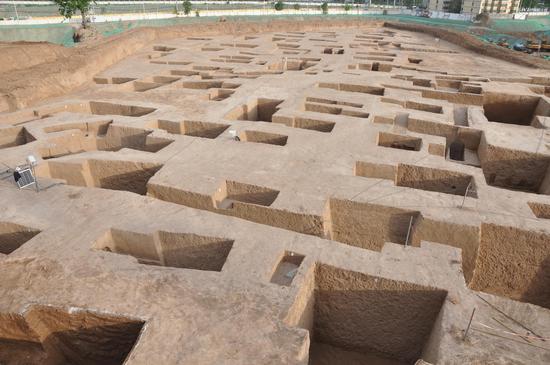
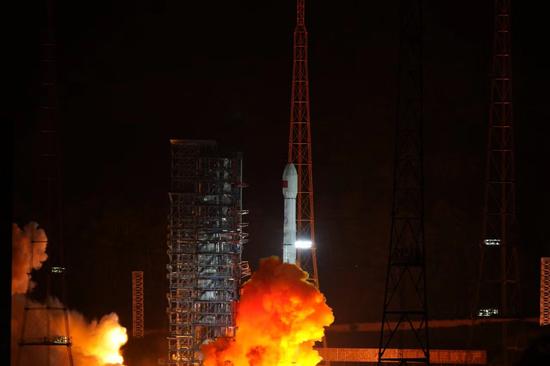
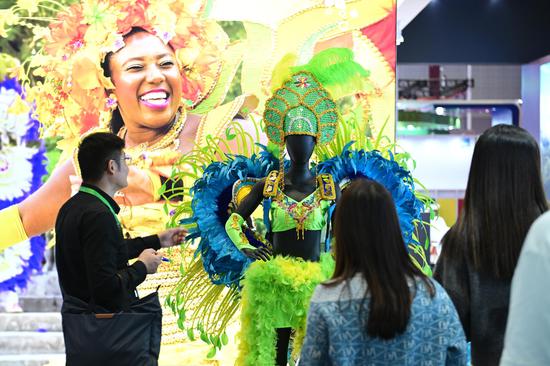


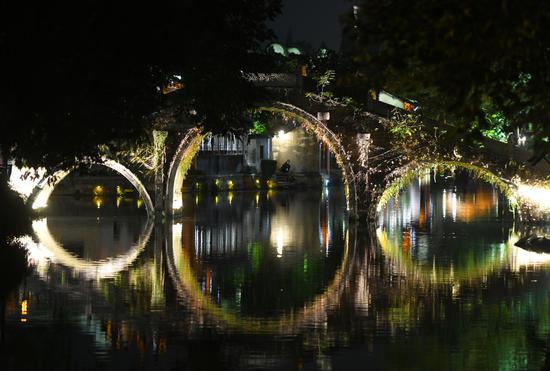


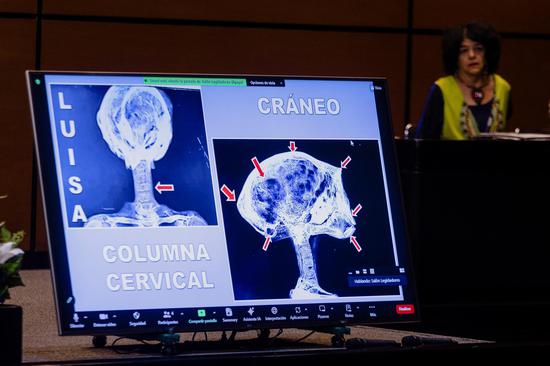
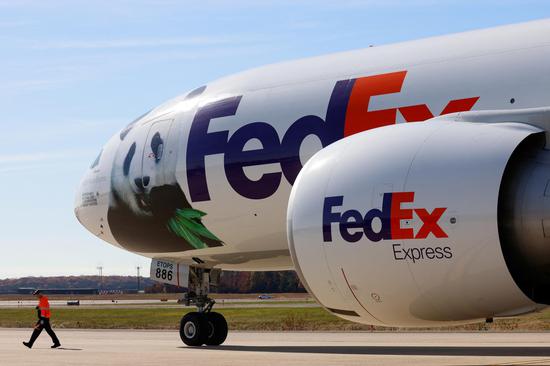

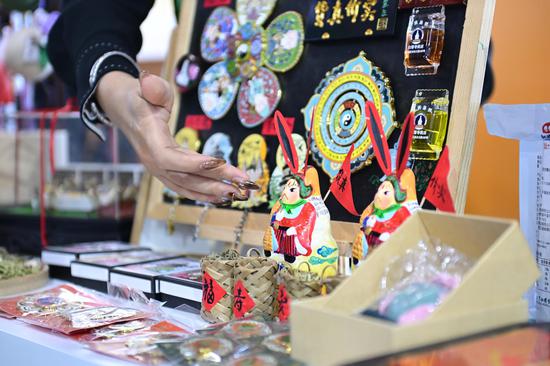
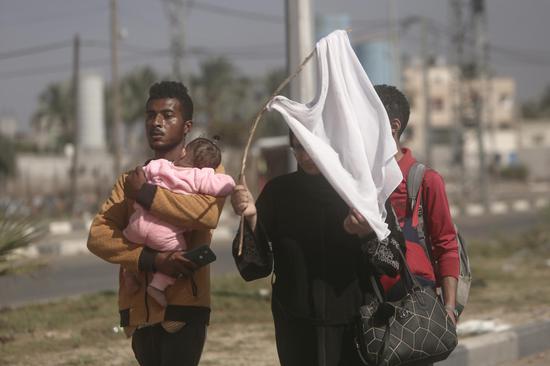
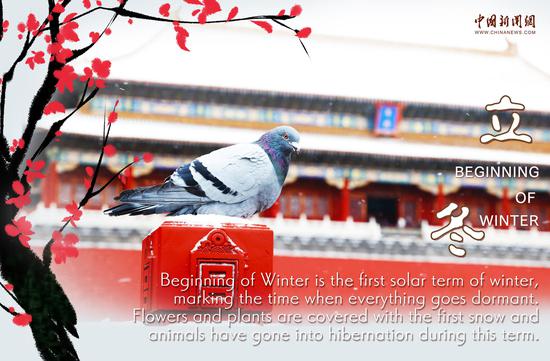

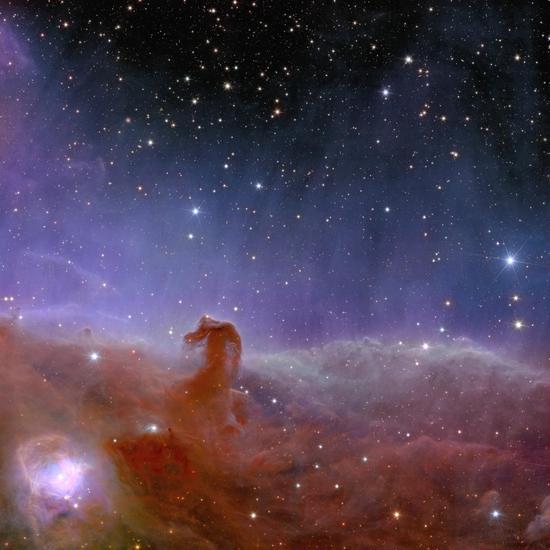


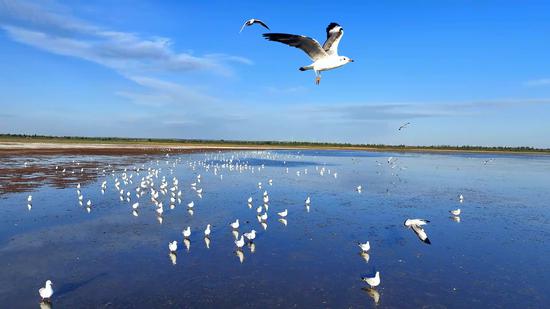
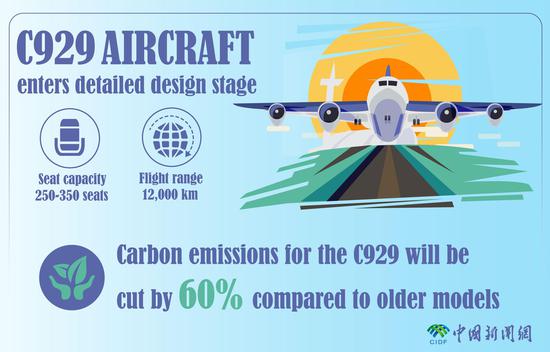





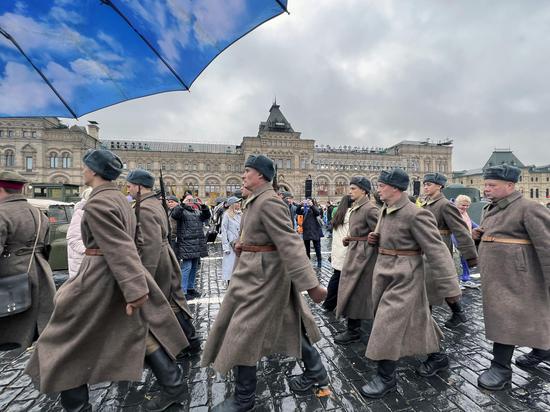
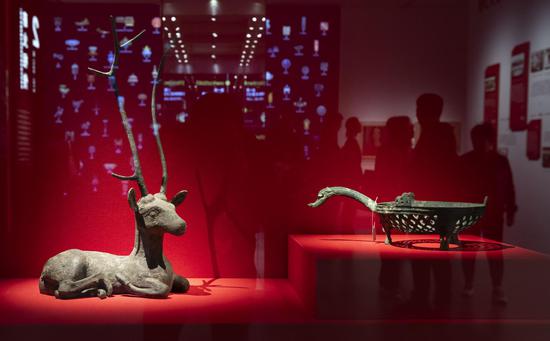

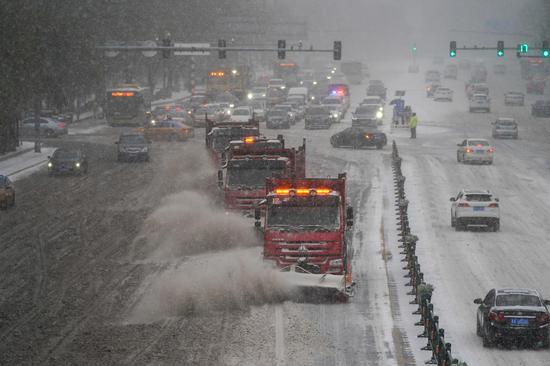


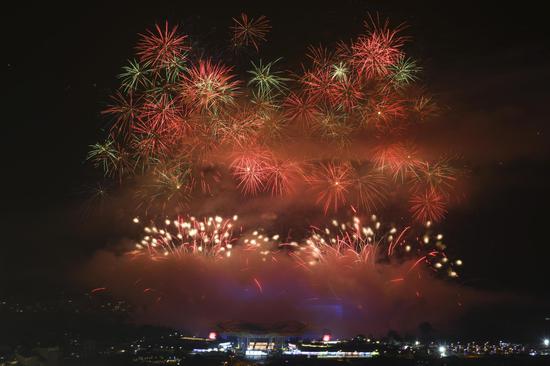

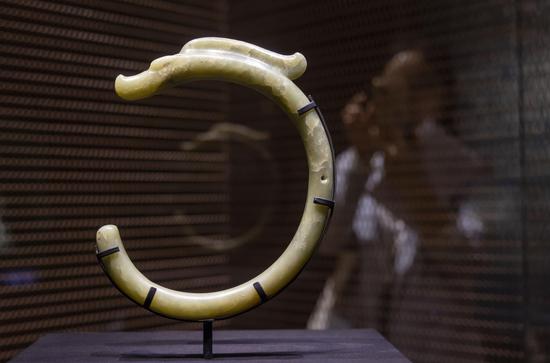





 京公网安备 11010202009201号
京公网安备 11010202009201号